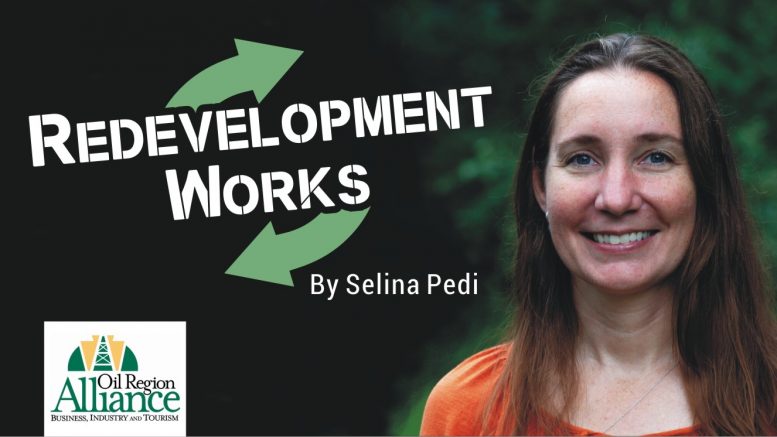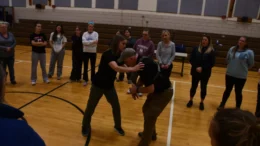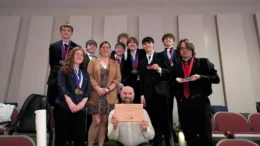I work in an interesting field, where change is celebrated, challenges are embraced, and differing thoughts are not just invited but needed. Redevelopment, after all, implies that what is currently developed is not working as well as it could, and some sort of change is required. The difficulty, of course, is that not everyone will necessarily agree on what is or isn’t working, or how things should change. Sometimes the problem is easy to spot, but the solution is not. It’s easy enough for most people to agree that a decaying, vacant building is a liability and an eyesore, for example, and something should be done with it. But what? Should it be torn down? Renovated? How should the space be reused? Other times, the problem itself is the point of contention, such as with rural labor markets. Is the problem that there aren’t enough decent jobs, or that there aren’t enough skilled workers, or something else entirely?
For those of us in redevelopment and similar fields, it’s crucial that we remember that the answers to these sorts of questions are normally quite complex. The popularity and success of mixed-use redevelopment for former industrial sites is a very tangible reminder of that. Where once, for a relatively brief period of time, our society could support huge industrial complexes, each dedicated to the manufacturing of a single group of products, that is no longer the case. We are now seeing a return to a much older model, based on the ancient village square, where publicly-accessible spaces offer a wide variety of overlapping industry, goods, and services. We’re learning that such mixed-use spaces were common for most of human history not merely because of economic or practical limitations, but because they provided the psychological and sociological framework for communities to thrive.
This complexity flows over into other problems, like those with labor markets. The answer to the questions above is usually “yes,” though some will feel strongly that the blame is on one side or another. When it’s difficult to figure out how to define a problem, much less how to solve it, the important thing is to get as many different perspectives as possible. It’s especially important to listen to the perspectives that don’t agree with your own, or don’t follow established patterns, because they can highlight hidden information or opportunities. For example, imagine that a mix of business owners and workers are surveyed, and most say that jobs don’t pay well enough to attract good workers. A few, though, say that workers just don’t work hard enough. It could be easy enough to dismiss those few responses as outliers, but it’s important to dig into them and see why people feel that way. We might find that we need to rethink our systems, our practices, or our expectations, and we will certainly understand the problem better.
Not everyone is going to have the same perspective, and what does or doesn’t work isn’t going to be exactly the same for everyone, so redevelopment depends on a willingness to listen and observe and work toward complex, “village square” solutions that address as many needs as possible.
Selina Pedi is the Oil Region Alliance redevelopment manager. She can be reached by email at spedi@oilregion.org.




































